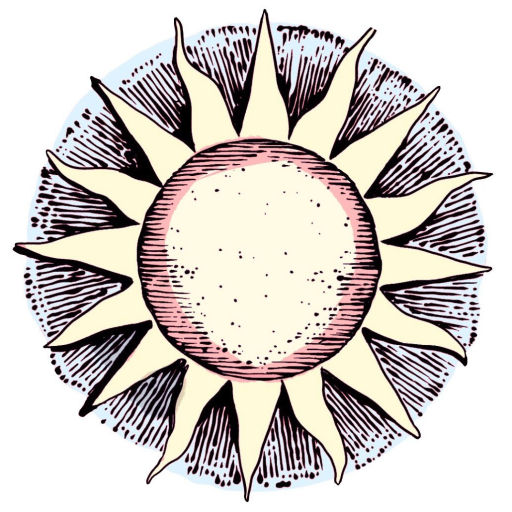‘If you take the time to stop and wipe the scum away from the sign that welcomes you to Willow, you will see it boasts a population of 10,000: a tremendous number, considering the circumstances. The circumstances are rain- yearly, unending drizzle, a precipitation that has continued uninterrupted since the town’s inception, nearly 200 years ago.
The local language is gallows humor, the temperament, gray. It is humid in the summers and dreadfully cold in the winters: a soft, wet cold that almost freezes in January. Almost freezes, but doesn’t. Do not expect the lush grace of the tree if you plan to visit Willow. Expect the mild unpleasantness of a sip of water from a glass that has been sitting out too long.’
It is not raining when I arrive in Willow and the people are in some sort of giddy panic. Schools have let out for the occasion, restaurants and shops are closed. Those that remain open seem roundly abandoned, their employees standing outside to look up, up at a sky that remains dark and cloudy, but does not rain.
My motorcycle is loud, normally, but it is louder in the streets of Willow. People notice me and the awkward way I have to hold on to the broken configuration of my handlebars and because there is so little traffic on the road, their eyes follow me a long, long way. I find an inconspicuous park and pull in there, cutting the engine in time to hear a distant drumming of thunder.
Light is not friendly to Willow, it highlights a century of grime in the crooks and corners of things. Earthworms wriggle uncomfortably in the grass underneath a sagging wooden play place. Moss hangs off every surface, a crawling ecosystem in its own right. The air is thick and wet and still, the ground: spongy.
I walk for a while and have nearly reached Willow’s main street before I decide that the shocked stupor of the people around me leans toward a tentative happiness and not the foreboding I had mistakenly attributed it to. A kid rattles down the sidewalk past me on a brightly colored bike, two men smile quietly on a bench, and a group of teens gather around a card game outside a café, jeering at each other and laughing. The people of Willow could not be strangers to dryness, their town is not so big that they couldn’t drive a short ways for an hour’s reprieve, but it’s something else entirely to see your own home in a new light, and the locals here are experiencing that today.
The owner of ‘Wade’s Wetware,’ Wade himself, has declared a spontaneous sale for the afternoon- 20% off everything in the store, but I seem to be the only interested shopper.
“You must think we’re crazy,” he says, ringing me up for a motorcycle poncho, “We haven’t had a dry day here in generations, maybe.”
“I don’t think-”
There is yelling outside or, if not yelling, some sort of reaction en masse. Wade and I are at the windows of his shop in time to see a hole stretching open in the clouds, clear and blue. A thick column of sun appears through the gap, almost tangible in the thick mists of Willow. Beside me, Wade is mesmerized; his face and fingers dirty the glass.
“Never thought I’d see something like that,” he says, “Sunlight on city hall.”
People are falling in love with Willow, their dirty little town, staring at the chapel’s stained glass and the color of drab flowers back in the park. I wipe off the seat of the bike, wet from the air, not the rain, and make my way out again.
Rain begins to fall just as I near Willow’s border, and I wonder what repercussions a couple hours of sun will have. None, I would hope, but we don’t normally shine a light on a thing for the better.
-traveler
